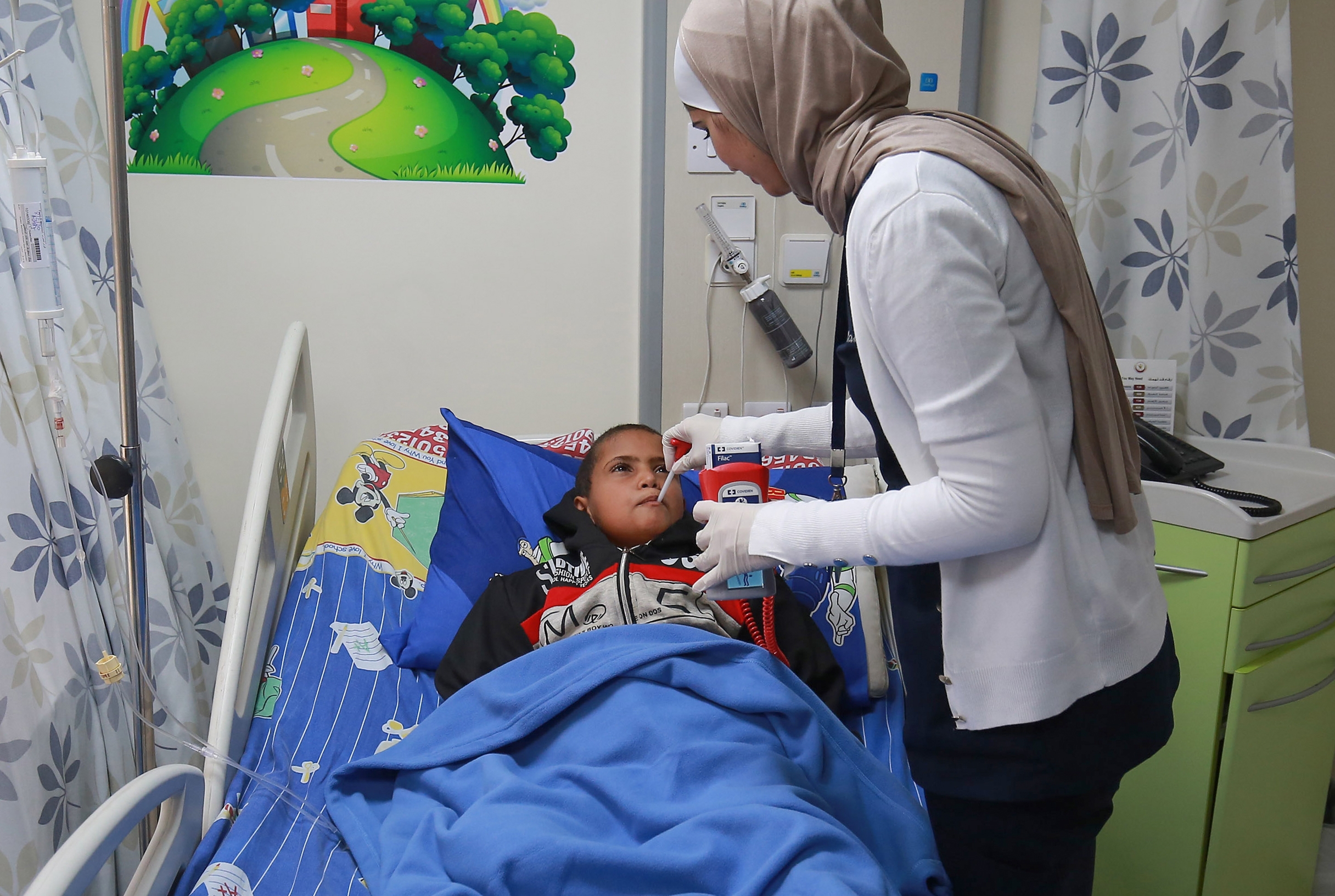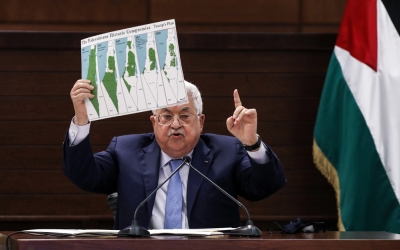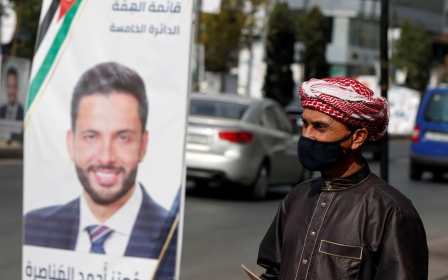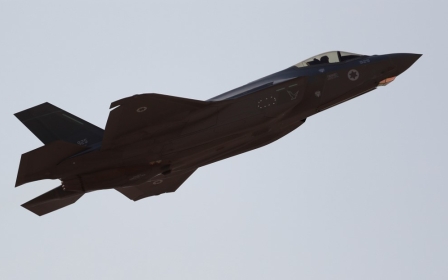Arabic press review: Third of Jordanian children suffer from anaemia

Third of Jordan's children suffer from anaemia
One out of every three children in Jordan suffers from anaemia according to a senior health official, reported The New Arab newspaper.
The secretary-general of the Higher Population Council in Jordan, Abla Amawi, said that children in the country were facing serious health hazards, adding that 32 percent suffered from the blood cell condition.
'The coronavirus pandemic has aggravated the social and economic challenges facing the most vulnerable children and youth'
- Higher Population Council
Amawi also revealed that children constitute a quarter of the victims of fatal traffic accidents and that 79 percent of children with disabilities are not enrolled in schools.
New MEE newsletter: Jerusalem Dispatch
Sign up to get the latest insights and analysis on Israel-Palestine, alongside Turkey Unpacked and other MEE newsletters
The results of the Jordan Population and Family Health Survey (JPFHS) showed that 3 percent of Jordan’s children under the age of 18 and 5 percent of Syrian children living in Jordan were orphans.
The council also found that “the coronavirus pandemic has aggravated the social and economic challenges facing the most vulnerable children and youth, as the number of families with a monthly income less than 100 Jordanian dinars ($140) has doubled since the outbreak of the pandemic".
It added that 28 percent of families have funds and resources for only two weeks, and 60 percent of families’ livelihoods have been disrupted by the pandemic.
UAE imposes visa restrictions on Tunisians
The UAE has confirmed it will be imposing visa restrictions on Tunisians, limiting visas to married Tunisians and their children, those over 60 years old and those who have residence permits in one of the Gulf countries.
The head of the air transport committee of the Tunisian Association of Travel Agents (FTAV), Abdelaziz ben Issa, confirmed the decision, according to the local Ultra Tunisia website, one day after the end of the visit of Tunisian President Kais Saied to Qatar.
Ben Issa added that the move came at a time of year when requests for UAE and Gulf states visas were increasing.
Saied completed an official visit that lasted three days to Qatar at the invitation of the emir, Sheikh Tamim bin Hamad Al Thani.
In an interview with Qatar News Agency, Saied implicitly criticised the wave of normalisation agreements with Israel signed by some Arab countries, including the UAE, saying: “We do not interfere in any country’s free will, but I believe that the Palestinian cause is a central issue even if many have tried unsuccessfully to exclude it from the Arab citizen's circle of interests, but it will remain a central issue for the Arab and Muslim nations."
On 22 December 2017, the UAE decided to temporarily ban Tunisians from travelling and entering the UAE, causing a wave of anger and resentment among Tunisians.
In response, the Tunisian Ministry of Transport suspended Emirates airlines flights to and from Tunisia.
Norwegian mediation between Palestinians and Israel
A secret mediation between the Palestinian Authority (PA) and Israel by Norway is responsible for the resumption of security coordination between the two, reported Al-Quds Al-Arabi.
The newspaper said that "secret meetings and mediation efforts made by a European country", coupled with the victory of the Democratic candidate Joe Biden in the US presidential elections, heavily influenced the decision.
Israeli and Palestinian officials already held a secret meeting, the first in about six months, to coordinate the transfer of funds that Israel collects by imposing taxes on Palestinian goods to the treasury of the Palestinian government, said the report.
The funds were withheld by Israel for six months which caused the PA significant financial difficulties.
The tax funds that the authorities demanded the Israeli side to hand over are estimated at more than $195m per month.
On 19 May, the PA announced the suspension of security, economic and political cooperation with the Israeli authorities, before retracting the decision as 17 November.
Saudi fund cuts US stocks
The Saudi Public Investment Fund (PIF) has announced that it will reduce its transactions in the US stock market, cutting its stocks by $3bn in the third quarter of 2020, reported Al Khaleej Online.
A US Securities and Exchange Commission (SEC) regulatory report stated that the PIF cut its stocks from $10.12bn at the end of the second quarter of 2020 to $7.05bn at the end of the third quarter of the same year.
During the third quarter, the fund disposed of all its shares in six companies, including Cisco, Booking and Berkshire Hathaway, owned by billionaire Warren Buffett.
On the other hand Saudi Arabia retained all its shares in six companies, including Uber, which offers transportation services via its application.
Middle East Eye delivers independent and unrivalled coverage and analysis of the Middle East, North Africa and beyond. To learn more about republishing this content and the associated fees, please fill out this form. More about MEE can be found here.






